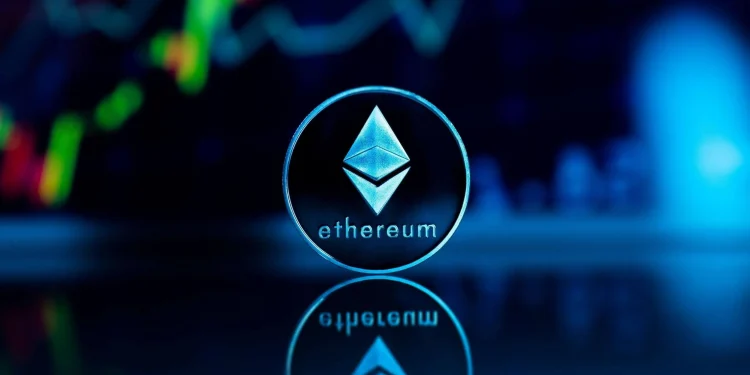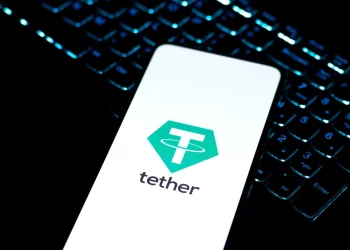TLDR
- Polygon co-founder Sandeep Nailwal says the Ethereum Foundation has provided no direct support to Polygon despite its role in scaling Ethereum
- Nailwal claims Polygon’s market value could be two to five times higher if it positioned itself as a standalone layer 1 blockchain
- Sonic Labs co-founder Andre Cronje says he spent over 700 ETH building on Ethereum without receiving grants or support
- Ethereum co-founder Vitalik Buterin praised Polygon’s contributions including zero-knowledge technology and the AggLayer framework
- Buterin noted Polygon could integrate better with Ethereum’s main chain using recent advances in ZK proving systems
Polygon co-founder Sandeep Nailwal publicly criticized the Ethereum Foundation on October 21, 2025. He said his loyalty to Ethereum is weakening due to lack of support for his team.
Nailwal posted on X that the Ethereum Foundation has provided “no direct support” to Polygon. He said this is despite Polygon’s long-standing role in scaling the Ethereum network. Polygon has been working as a layer 2 solution for Ethereum.
Read this from Peter and realized that it’s time for me to also speak up.
NGL, I’ve started questioning my loyalty toward Ethereum. I did not come into crypto because of Bitcoin but because of Ethereum. I also have a lot of gratitude toward @VitalikButerin — someone I looked up… https://t.co/yrcrGEwXs8
— Sandeep | CEO, Polygon Foundation (※,※) (@sandeepnailwal) October 20, 2025
The Polygon co-founder stated that the Ethereum community often dismisses Polygon’s work. He believes the community fails to recognize Polygon’s status as a layer 2. This happens even though Polygon powers some of Ethereum’s largest applications.
Nailwal said the Ethereum community has become insular. He claimed that Polygon’s ecosystem, including Katana and XLayer, remains tied to Ethereum. However, the community treats Polygon’s progress as separate from Ethereum’s success.
The Polygon Foundation CEO said his company’s market value could be much higher. He estimated it could be “two to five times higher” if positioned as a standalone layer 1 chain. This positioning would mean breaking ties with Ethereum.
Similar Concerns From Other Builders
Andre Cronje, co-founder of Sonic Labs, shared similar concerns. He stated he has “burned over 700 ETH” building on Ethereum. Cronje said he received no grants or support from the foundation.
Cronje noted his experience differs from newer Sonic ecosystem projects. Those newer projects often receive financial and technical backing. His comments added weight to Nailwal’s claims about uneven support.
These remarks follow weeks of internal debate among Ethereum developers. Other contributors have questioned how the foundation allocates grants. They also raised concerns about recognition within the ecosystem.
Buterin’s Response
Ethereum co-founder Vitalik Buterin responded to Nailwal on X. He thanked Nailwal and Polygon for their contributions to the ecosystem. Buterin praised Polygon’s early work on zero-knowledge technology.
I really appreciate both @sandeepnailwal‘s personal contributions and @0xPolygon‘s immensely valuable role in the ethereum ecosystem.
To recap:
* Polygon hosts @Polymarket, which is probably the single most successful example of a “not just boring finance” app that has actually…
— vitalik.eth (@VitalikButerin) October 21, 2025
He also mentioned Polygon’s attempts to use the AggLayer framework. This framework aims to scale Ethereum more effectively. Buterin cited Nailwal’s charitable work in projects like Balvi biotech program and CryptoRelief.
Buterin said these contributions have had “real-world impact far beyond crypto.” He acknowledged that Polygon hosts Polymarket, one of the largest predictions market platforms. The platform runs on Polygon’s network.
However, Buterin noted that Polygon lacks a proof system. This system would provide full security guarantees that Ethereum layer 2s are meant to offer. He said this addresses why some don’t consider Polygon a true layer 2.
Buterin suggested recent advances in ZK proving systems might help. He said Polygon could integrate with Ethereum’s main chain using this technology. This integration would provide stronger security guarantees.
He pointed out that Polygon could adopt an off-the-shelf ZK tech stack. Buterin said proving costs are now as cheap as $0.0001 per transaction. This makes the technology more accessible than before.
Nailwal has not responded to Buterin’s comments about the technical solutions. The debate highlights ongoing tensions within the Ethereum ecosystem about support for layer 2 developers.


















